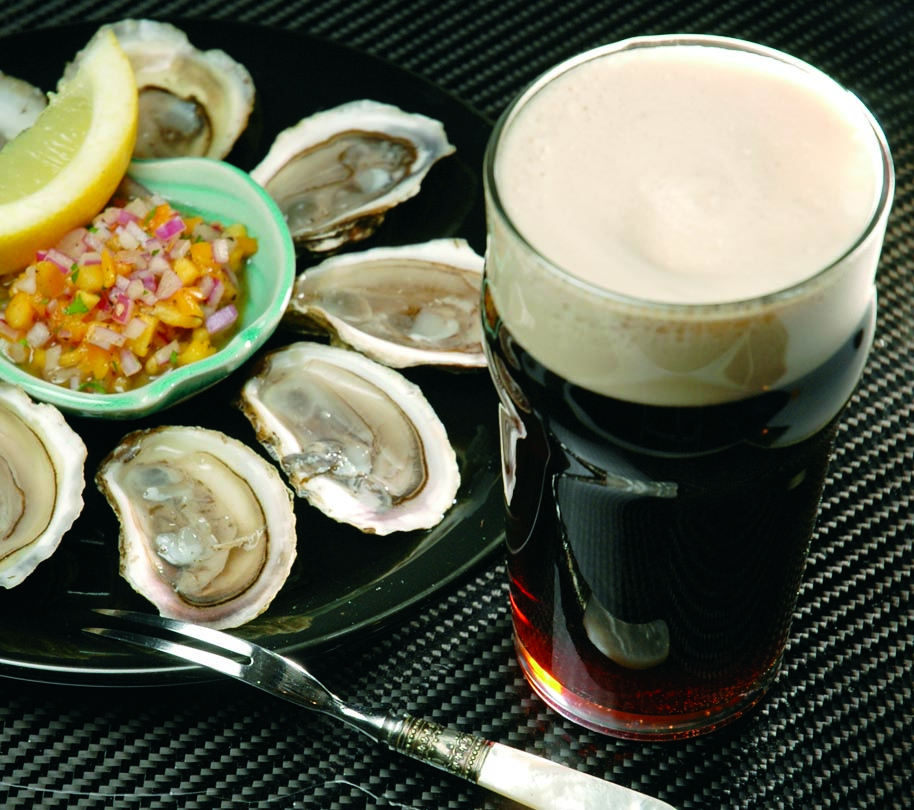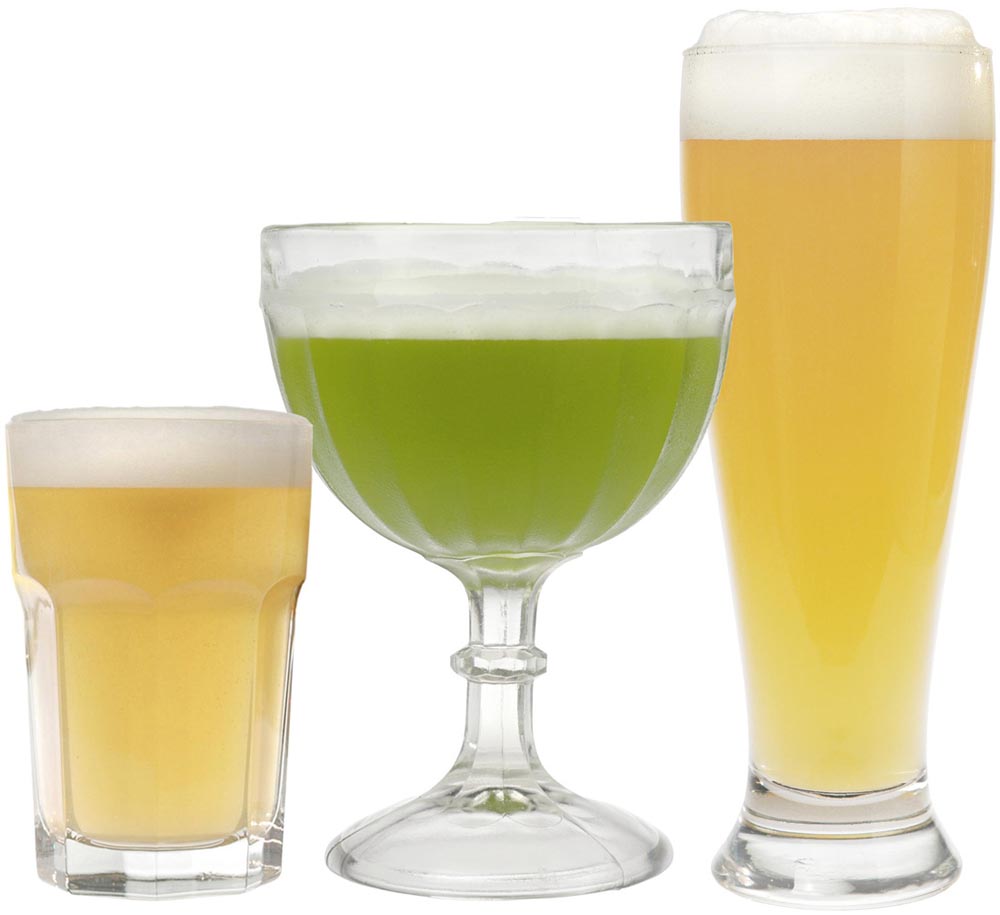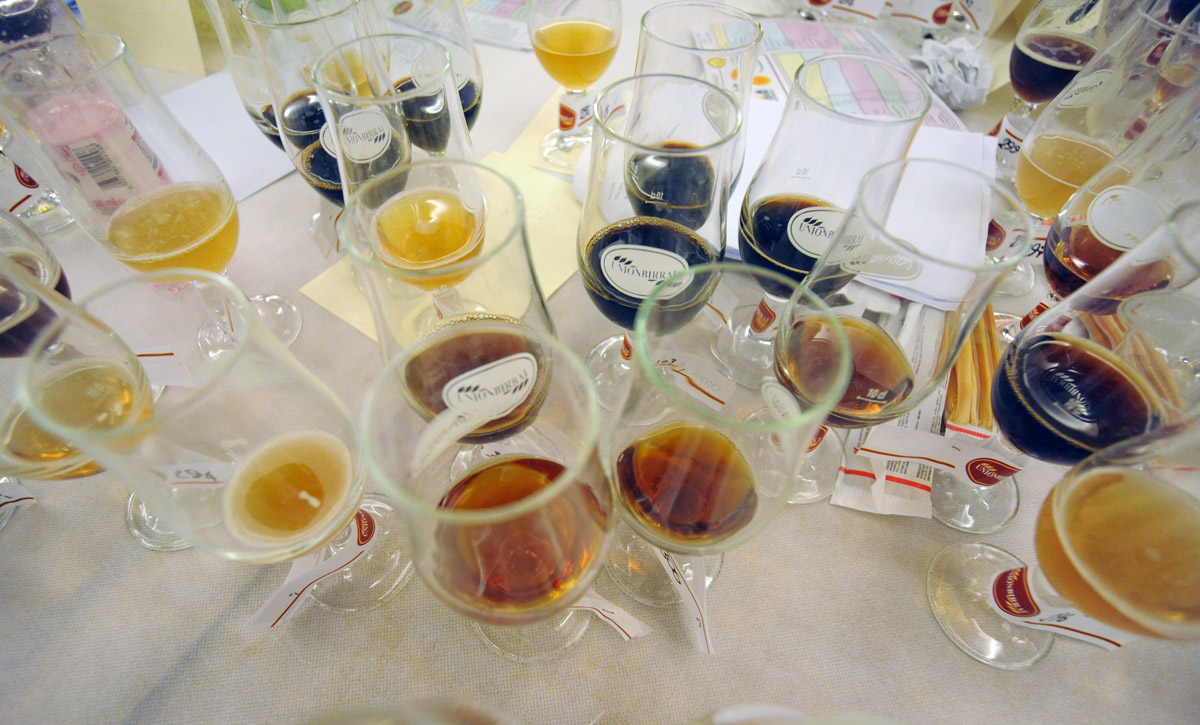Beer Marches On
American industrial lagers and light beers already reign in lawnmower-land, and they do serve their purpose. But as homebrewers, we can see obvious room for improvement to suit our own creative instincts and particular tastes. So here’s a few mini-recipes, which I leave to you to flesh out into actual malt, hops, wheat, oats and whatever else you can think of.






